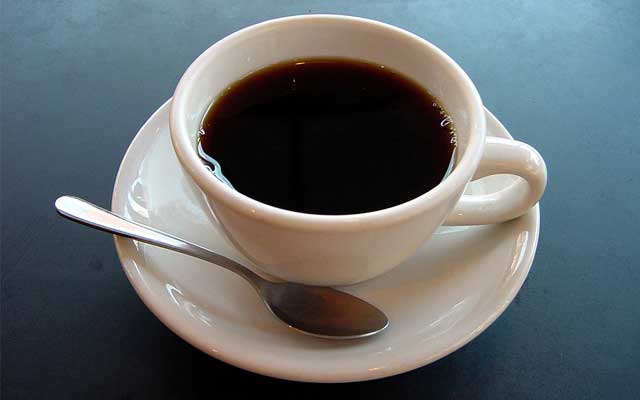
New York, Dec 27 (IBNS): People with colorectal cancer (CRC) who drank at least four cups of coffee per day after their diagnosis had a significantly lower risk of early death—from either their cancer or any cause—than those who didn’t drink coffee, according to a new study from Harvard T.H. Chan School of Public Health.
The study was published online November 17, 2017 in Gastroenterology.
“Until now, very few dietary factors have been linked with colorectal cancer prognosis. Our new study suggests that coffee may potentially improve survival of patients diagnosed with colorectal cancer,” said Yang Hu, a doctor of science candidate at Harvard Chan School and lead author of the study.
CRC is the second leading cause of cancer death in the U.S., according to the American Cancer Society. Previous evidence has suggested that coffee may help lower risk of mortality as well as several chronic diseases, perhaps due to its ability to fight inflammation and insulin resistance and because it contains anti-carcinogenic compounds, read the Harvard T.H. Chan School of Public Health website.
In the new study, researchers looked at nearly eight years of data from 1,600 individuals diagnosed with colorectal cancer who were enrolled in the Nurses’ Health Study and the Health Professionals Follow-up Study, two long-running studies aimed at finding links between diet, lifestyle, environmental exposures, and disease. The researchers found that, compared with those who didn’t drink coffee, participants who drank at least four cups per day were 52% less likely to die from CRC and 30% less likely to die from any cause during the study period. For those who already drank at least two cups of coffee per day prior to CRC diagnosis, maintaining this level of consumption after diagnosis was associated with a 37% reduction in CRC-specific mortality and a 29% reduction in all-cause mortality when compared with those who did not drink coffee or who drank less than two cups both before and after CRC diagnosis.
Similar benefits were found for both caffeinated and decaffeinated coffee.
“Although we can’t claim causality between drinking coffee and reduced mortality risk, it is still very impressive to see such significant reductions in deaths from colorectal cancer and other causes among patients who drank at least four cups of coffee each day,” said Mingyang Song, research fellow in the Department of Nutrition and senior author of the study. “Should our findings be confirmed in further studies, physicians may want to encourage their patients with colorectal cancer to start drinking coffee if they have not done so already, and, for those who are already coffee drinkers, to maintain their coffee intake. For patients who can not tolerate caffeine, decaf is a good option.”
Other Harvard Chan authors of the study included Ming Ding, Chen Yuan, Kana Wu, Stephanie Smith-Warner, Frank Hu, Shuji Ogino, and Edward Giovannucci.
Support Our Journalism
We cannot do without you.. your contribution supports unbiased journalism
IBNS is not driven by any ism- not wokeism, not racism, not skewed secularism, not hyper right-wing or left liberal ideals, nor by any hardline religious beliefs or hyper nationalism. We want to serve you good old objective news, as they are. We do not judge or preach. We let people decide for themselves. We only try to present factual and well-sourced news.







